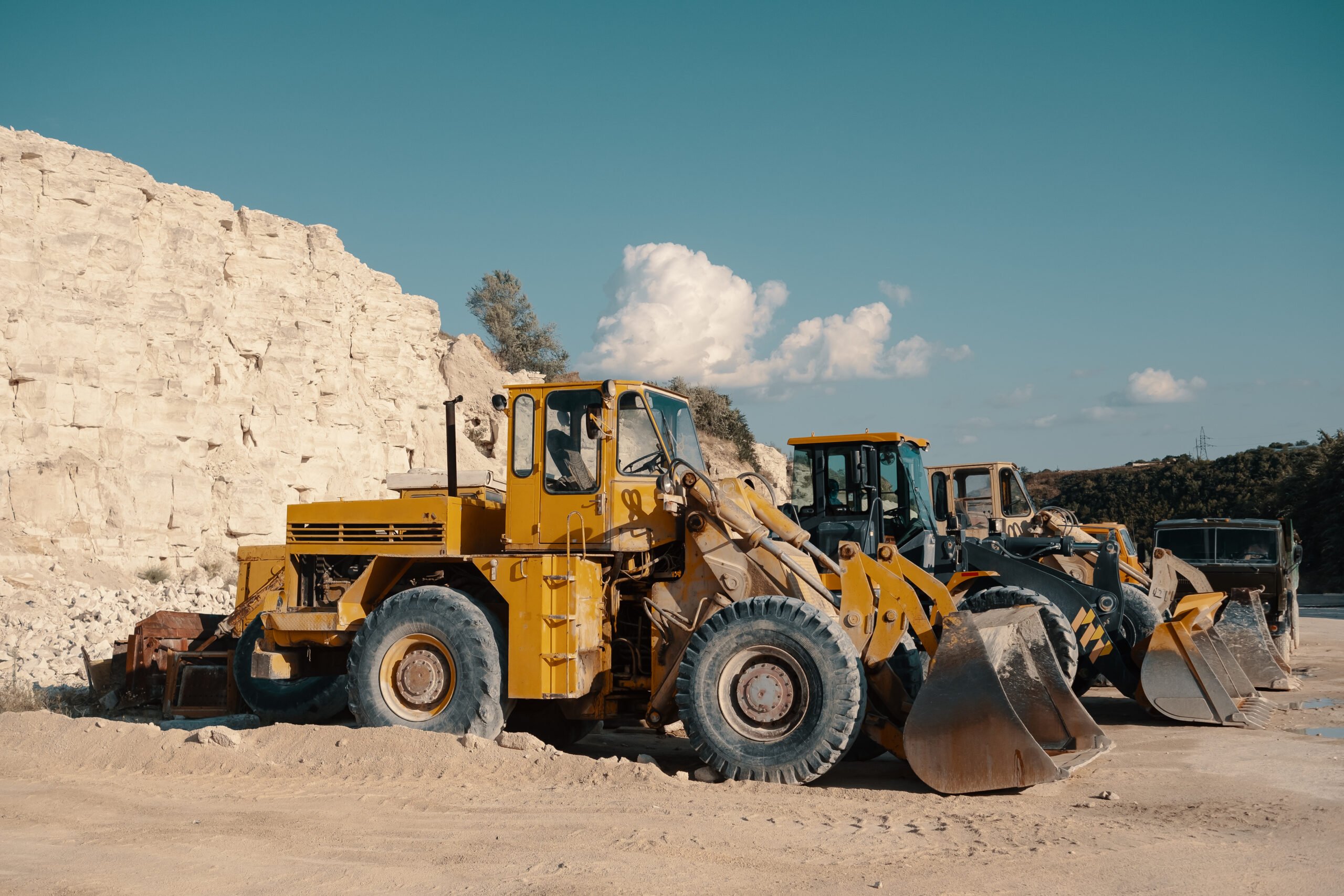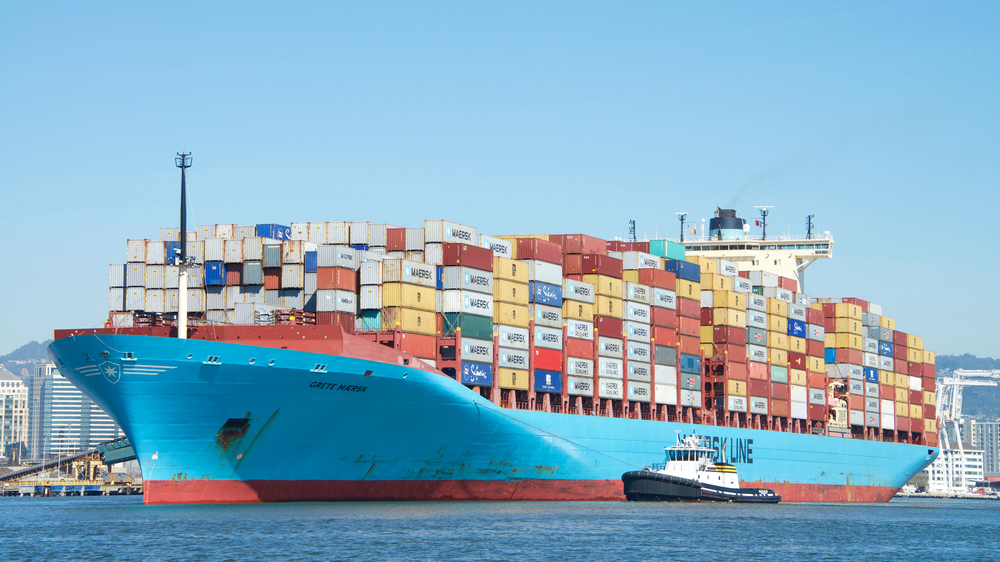Heavy machinery plays a pivotal role in modern industry, construction, and infrastructure development. From towering cranes that lift massive loads to bulldozers that reshape the earth, these mechanical giants are the backbone of many sectors. However, operating heavy machinery isn’t as simple as it may seem. It requires a high level of skill, expertise, and training.
In this article, we will delve into the reasons why you need skilled labor to operate these types of heavy machinery and explore the critical role operators play in ensuring safety, efficiency, and productivity.
Safety First
One of the most compelling reasons for requiring skilled labor to operate heavy machinery is safety. Heavy machinery accidents can have catastrophic consequences, resulting in injuries, fatalities, and costly damages. Skilled operators are trained to prioritize safety at all times.
They are well-versed in the intricacies of the machinery they operate, understanding the potential risks and hazards associated with each piece of equipment. This knowledge allows them to make informed decisions to prevent accidents. Skilled operators know how to perform pre-operational checks, assess the condition of the machinery, and identify any potential issues that could compromise safety.
Furthermore, skilled workers such as those sourced from Tradesmen International®, are trained to respond quickly and effectively in emergency situations. Whether it’s shutting down a malfunctioning machine, evacuating the area, or providing first aid, skilled operators have the expertise needed to mitigate the impact of accidents and protect the lives of those on-site.
Precision and Efficiency
Heavy machinery is often used for precise tasks, such as excavating foundations, laying pipelines, or lifting heavy loads in tight spaces. Skilled operators possess the finesse and precision required for these delicate operations. They can manipulate the machinery’s controls with precision, ensuring that every movement is accurate and controlled.
This precision is essential for minimizing errors and avoiding costly rework. In construction, for example, a skilled crane operator can precisely position heavy materials, reducing the risk of damage and delays. Similarly, skilled excavator operators can dig trenches with precision, ensuring that utility lines are installed at the correct depth and alignment.
Efficiency is another key advantage of skilled labor. Experienced operators can complete tasks more quickly and with fewer errors, ultimately saving time and money. This efficiency is particularly crucial in industries where project deadlines are tight and delays can have significant financial repercussions.
Maintenance and Repairs
Heavy machinery requires regular maintenance and occasional repairs to operate at peak performance. Skilled operators are often the first to detect signs of mechanical issues because they are intimately familiar with the machinery’s behavior and performance.
Their ability to identify problems early can prevent costly breakdowns and downtime. Skilled operators can perform basic maintenance tasks, such as oil changes and filter replacements, which can extend the lifespan of the equipment. They can also communicate effectively with maintenance personnel, providing valuable insights into the machinery’s condition and any issues that need attention.
When repairs are necessary, skilled operators can play a vital role in expediting the process. Their knowledge of the machinery’s components and systems allows them to provide detailed information to repair technicians, helping them diagnose and fix problems more efficiently. This collaborative approach minimizes downtime and ensures that the machinery is back in operation as soon as possible.
Adapting to Changing Conditions
Operating heavy machinery is not a one-size-fits-all job. Conditions on construction sites, industrial facilities, and infrastructure projects can vary widely, from extreme weather to challenging terrain. Skilled operators have the ability to adapt to these changing conditions, ensuring that work continues safely and efficiently.
For instance, when working in adverse weather conditions, such as heavy rain or snow, operators must adjust their techniques to maintain control of the machinery and prevent accidents. Skilled operators can make these adjustments confidently, drawing on their experience and training.
Similarly, challenging terrain, such as steep slopes or uneven ground, can pose significant challenges for heavy machinery operators. Skilled operators are well-versed in techniques for navigating these terrains safely, preventing rollovers or accidents that could result from unstable ground.
Regulatory Compliance
Operating heavy machinery often involves navigating a complex web of safety regulations, environmental standards, and industry-specific requirements. Skilled operators are well-informed about these regulations and ensure that their operations are fully compliant.
Failure to comply with regulations can result in fines, legal liabilities, and project delays. Skilled operators take these responsibilities seriously and work diligently to ensure that all aspects of their operations meet or exceed the relevant standards.
Furthermore, they are often responsible for keeping detailed records of their activities, including maintenance logs, safety inspections, and incident reports. These records are essential for demonstrating compliance and can be crucial in the event of an audit or investigation.
Training and Certification
To become a skilled heavy machinery operator, individuals must undergo comprehensive training and certification programs. These programs cover a wide range of topics, including equipment operation, safety procedures, maintenance, and regulatory compliance.
Training typically includes both classroom instruction and hands-on practice. Operators learn how to operate the machinery safely, understand its mechanical systems, and troubleshoot common issues. They are also taught about the importance of safety protocols, including the use of personal protective equipment (PPE) and emergency procedures.
Once the training is complete, operators must pass written and practical exams to obtain certification. This certification is often a requirement for employment in industries that use heavy machinery.
Now, let’s take a closer look at some of the different types of heavy machinery that require skilled labor to operate:
- Cranes: Crane operators are responsible for lifting and moving heavy objects in construction, manufacturing, and shipping. Skilled crane operators are essential for precise and safe lifting operations, especially in urban environments where space is limited.
- Excavators: Excavator operators use these versatile machines to dig trenches, excavate foundations, and perform earthmoving tasks. Skilled excavator operators can work efficiently and with precision, avoiding damage to underground utilities and structures.
- Bulldozers: Bulldozer operators are tasked with clearing land, leveling terrain, and pushing heavy materials. Their expertise ensures that the bulldozer is used effectively to reshape landscapes and prepare sites for construction.
- Backhoes: Backhoe operators are skilled at digging, trenching, and performing other digging tasks. They are crucial for tasks such as digging utility trenches and excavating basements.
- Loaders: Loader operators handle materials like gravel, sand, and construction debris. Skilled operators can load and transport materials efficiently, minimizing waste and maximizing productivity.
- Forklifts: Forklift operators are responsible for moving heavy pallets and materials in warehouses, factories, and construction sites. They must have precision and control to prevent accidents in tight spaces.
- Pavers: Paver operators are vital in road construction, ensuring that asphalt or concrete is laid smoothly and accurately. Their expertise ensures the quality and durability of road surfaces.
- Graders: Grader operators level and finish surfaces, such as roads and building sites. Skilled grader operators are essential for achieving the desired grade and smoothness.
- Rollers: Roller operators compact soil and asphalt to create stable foundations and road surfaces. Their knowledge of compaction techniques prevents problems like settling or uneven surfaces.
- Drilling Rigs: Operators of drilling rigs are responsible for creating boreholes in the ground for various purposes, including foundation support, mining, and geotechnical investigations. Precise drilling is essential for safety and project success.
If you are in need of equipment financing for heavy machinery, contact Charter Capital today
In conclusion, the operation of heavy machinery is a complex and highly specialized skill that requires rigorous training, expertise, and experience. Skilled operators are essential for ensuring safety, precision, efficiency, and compliance in industries that rely on heavy machinery.
Their ability to adapt to changing conditions, perform maintenance and repairs, and navigate complex regulatory environments makes them invaluable contributors to construction, manufacturing, and infrastructure development. Without skilled labor, the operation of heavy machinery would be fraught with risks and inefficiencies, highlighting the critical role operators play in these industries.




